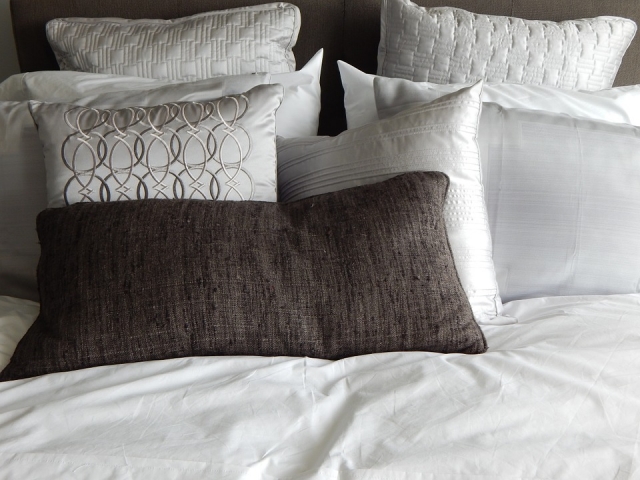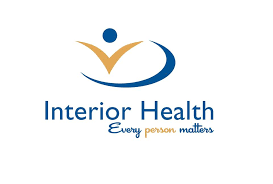Not Sleeping Well? Try this.
Sleep is important to our health and how we function — perhaps more than most people realize. An article on a recent study explains that even students between the ages of 16 and 20, often thought of as resilient organisms who can do without sleep better than older people, do not do as well academically when they get less sleep; the later they go to bed and the less sleep they get, the worse they do in school. Most of us know that our brains don’t seem to function nearly as well when we have lost much sleep, no matter what age we are.
Another article on a different study reveals that sleep deprivation greatly increases the likelihood that a person will confess to a crime he or she has not committed. In case you don’t think that’s a problem, the article goes on to state that false confessions — confessions by innocent people — account for at least 15% of wrongful convictions in the United States, and that depriving suspects of sleep is a common interrogation practice.
But aside from clean living and early bedtimes, what can we do to improve our quality of sleep? Yet another study has found a link between diet and sleep.
The findings indicate that a diet high in fibre, and lower in saturated fat and lower in sugars, is more likely to result in restful sleep; whereas eating fats and sugars in a low-fibre diet is likely to result in broken, unrestful sleep.
Fried foods, cakes and candies, muffins and milkshakes, soft drinks and other sweetened beverages, alcohol, chips, hamburgers, too much cheese and butter … these all spell bad news for our quality of sleep.
The study suggests that eating lots of high-fibre vegetables and cutting down on saturated fats and added sugars is likely to bring sweeter dreams and more restful sleep.
Another study found that being short of sleep makes us more likely to eat the very foods that result in problematic sleep — broken, unrestful sleep. A summary of the study says, “Skimping on sleep has long been associated with overeating, poor food choices and weight gain. Now a new study shows how sleep loss initiates this process, amplifying and extending blood levels of a chemical signal that enhances the joy of eating, particularly the guilty pleasures gained from sweet or salty, high-fat snack foods.”
Short of sleep? High-fibre foods low in sugars and saturated fats are cheaper and probably better for you than sleeping pills. They don’t require a trip to the doctor for a prescription. And it doesn’t cost much for a very low-risk, potentially high-benefit experiment with improving our sleep by improving our diet. And, probably, our general health and quality of life.


























